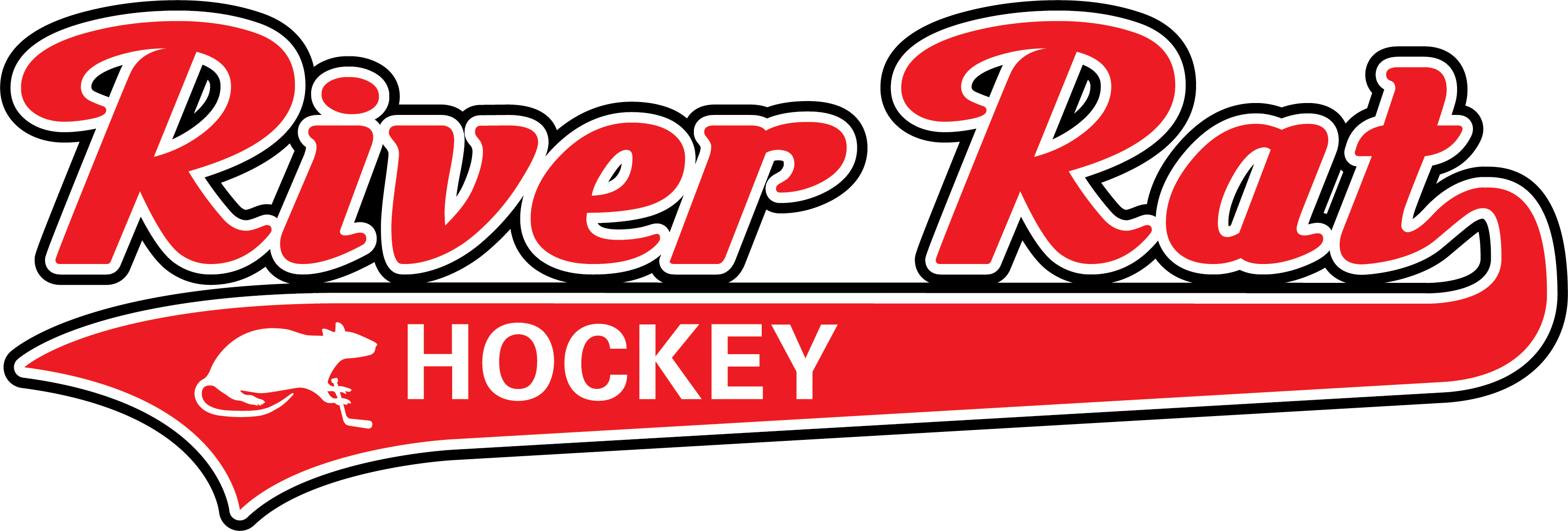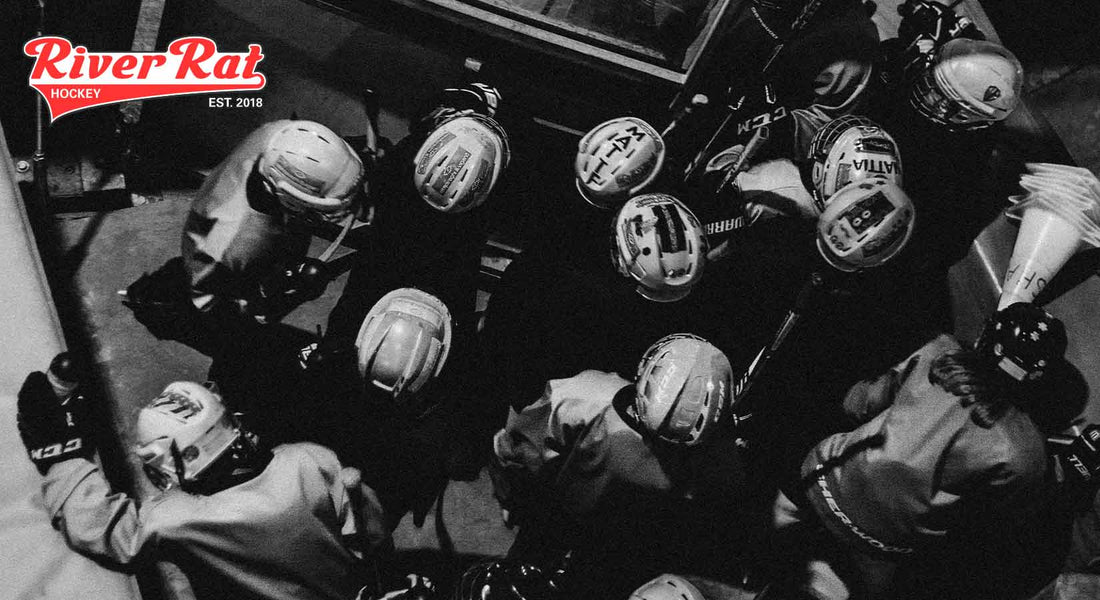Well this blog post sounds like I'm going to argue against hockey, and I actually will a little bit here. Yes the guy who loves hockey so much he started his own company is going to argue against hockey. There is such a thing as too much of a good thing and how we need to watch and monitor how much hockey our kids (or future kids) play.
We all know that hockey is considered primarily a winter sport. But more and more we are seeing summer travel leagues, select hockey, and showcase teams all playing summer hockey all in an effort to show off the talent of their respective child. These teams aren't just playing summer hockey, their traveling 2x, 3x, or 4x farther to practice and play with a vast majority of these teams being centralized in cities like Omaha, Denver, Chicago, etc. Adding to the regular scheduled hockey season and that's a lot of ice time for some kids.
Combine that with the travel time to all these events and it can easily get exhausting to drive or fly to every major city for a hockey weekend. Hockey is already considered one of the longer sports seasons out there running anywhere from August/September through March/April (Not including playoffs or championships). Then adding in AAA / Select hockey in the summer just adds to the already exhausting travel plans for many parents and kids.
According to the American Academy of Pediatrics, they have recommended that kids 13 and under not specialize in 1 sport before that age, having a minimum 2 months off, and only participating on one team per season.* But many organizations start as early as the 10u level to get kids in early to attempt to find out if they have any special talent, ignoring the fact that kids develop over time and the majority of the time are not natural born athletes like how we perceive players like Ovechkin, Crosby, Mathews, etc.
When it comes to kids losing interest in any sport, five reasons usually come up including loss of interest, not having fun, too much time required, coach was a poor teacher, and too much pressure.** With hockey, there can be an issue with all of these with a parent pushing a child to create interest due to equipment / travel costs, keeping the kid in the sport hoping they gain a liking for it, the additional or required travel time needed, poor coaching from a positivity and educational standpoint, or feeling the pressure to win from friends and family.
When we get kids to specialize early in a sport, we take them away from other experiences they may want to enjoy or have with their friends. Having a child participate in multiple sports may be a daunting task for many parents as well. But it's important to look at where the child's engagement is at and where their interest is drawn towards.
Many kids at an early age are simply out there to just have fun and enjoy the game. While we always have the best intentions of having our kids gain an athletic scholarship or becoming a pro athlete, most kids will never reach the professional level in any sport. It's about listening to the kids and seeing how they are feeling about what's going on and their participation in the sport.
This all boils down to two key things: the enjoyment of the child in the sport and the parents involvement in a positive light. Listen to your child about his or her needs when it comes to playing any sport, especially hockey. You may be afraid of throwing money down the drain if a child decides they may not be enjoying hockey as much as they should, but continuing something the child maybe burnt out on can lead to a disinterest in any physical activity. If a kid needs a break, let them have it if and when possible.
Also, be active as a parent. Not from the stands through. Before games and after games with positive enforcement on how the child is doing, interacting and building relationships with the child's friends and parents, and participating in events like team snacks or travel prep for the kids. Positive engagement helps any kid see the fun in sports.
Overall, listen to your kids body language and emotions. If they seem like they love the sport and want to play all year long and you can afford to, let them. If they feel exhausted after a season, give them a break or find a team with an easier schedule to work around / with. If we do our best to monitor our kids health and enjoyment in the sport of hockey we can grow the fan base and participation at all levels of hockey.
-Mitchell
* Merkel, Donna L. “Youth sport: positive and negative impact on young athletes” Open access journal of sports medicine vol. 4 151-60. 31 May. 2013, doi:10.2147/OAJSM.S33556
** Perkins, Daniel Francis. “Parents Making Youth Sports a Positive Experience: Role Models.” Penn State Extension, College of Agricultural Sciences / The Pennsylvania State University, 28 Jan. 2019, extension.psu.edu/parents-making-youth-sports-a-positive-experience-role-models.

